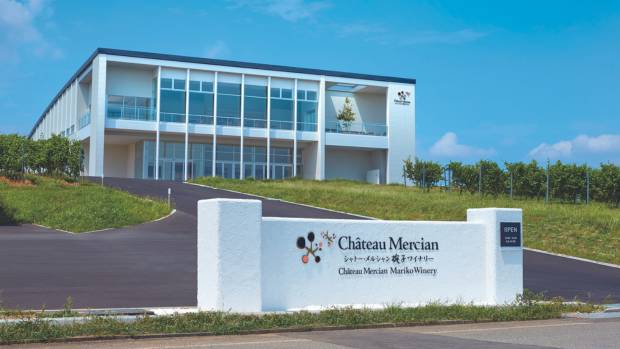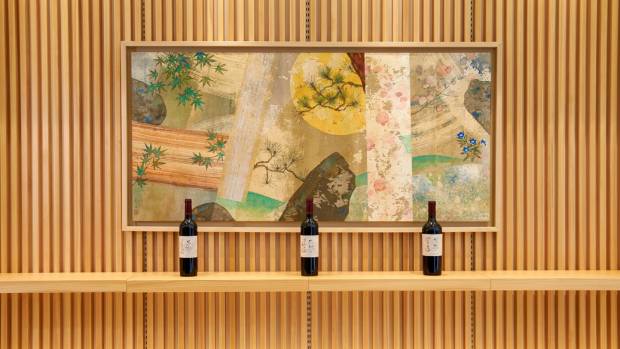38
Château Mercian Mariko Winery
Nagano, Japan
Ethos: Understanding the wines of the world in order to develop the particular characteristics of Japanese wine.

Winemaker
Hironori Kobayashi
Wine Style
Vibrant, perky wines from French and native Japanese varieties (white, rosé and red).
The vineyard spans 16 plots planted with eight international varieties, both red and white, including Cabernet Sauvignon, Pinot Noir, Syrah and Sauvignon Blanc. After harvest the wines are taken to the top-of-the-range winery. Here each variety can be vinified individually and even subdivided further by area and cultivation to ensure that the unique characteristics of each grape and plot are properly realised. The entire winery is gravity fed which allows for the smoothest transition of both grapes and wine on each stage of their journey. The winery's two barrel rooms, each naturally maintained at different temperatures, then guarantee that the wines mature in the perfect conditions.
Tours of Mariko will take you through the vineyard and then into the winery, covering the estate's approach in depth. The tour concludes with a selection of the estate's wines, either at the bar or in the tasting room overlooking both the vineyards and the winemaking facilities. But there are more than just tours on offer. Guests are welcome to enjoy a moment of peace and tranquillity in Ippongi Park. Located on a hill overlooking the winery, a bench in the shade of a large cherry tree is the perfect place to admire the vineyards. Likewise, the second-floor terrace offers wonderful views of the nearby volcanos Mount Tateshina and Mount Asma; all the better when viewed with a glass of wine in hand alongside a selection of snacks made from local ingredients.






